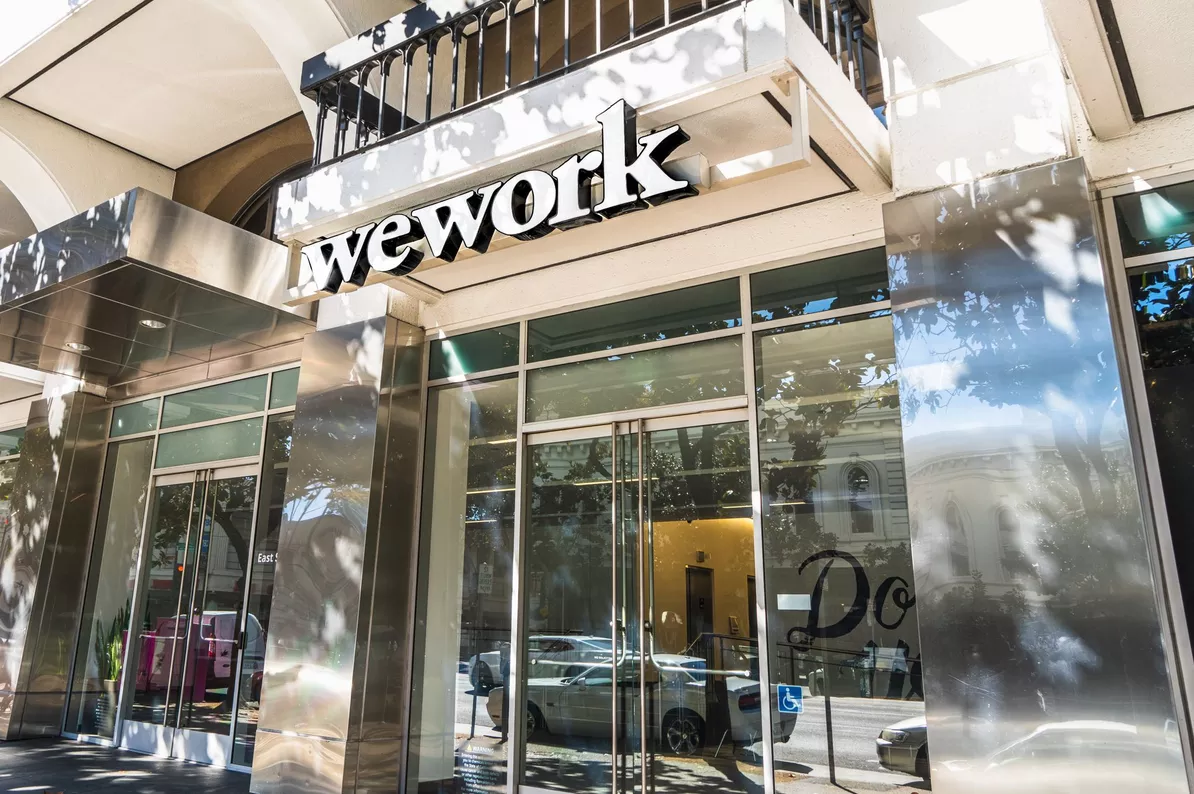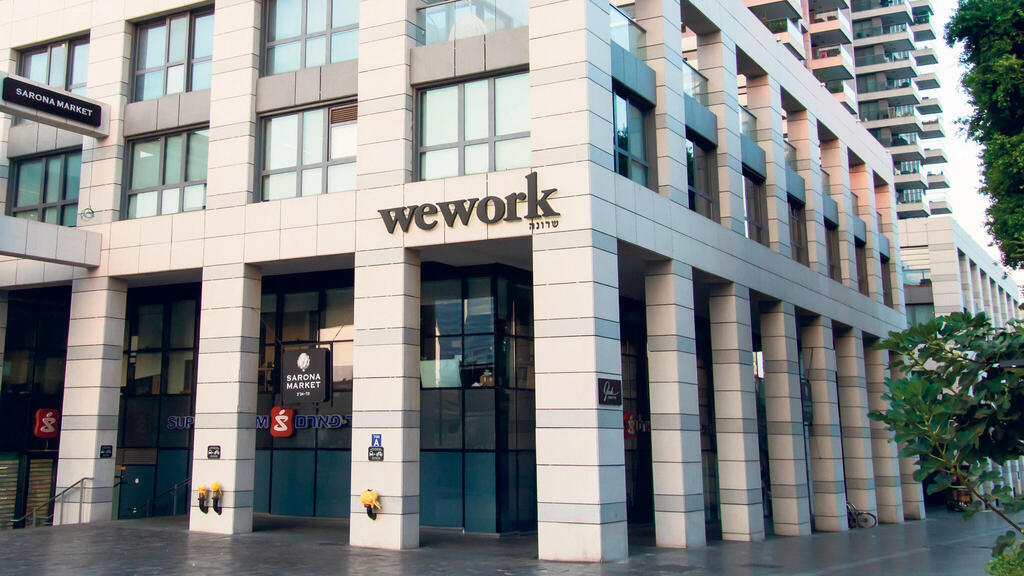Selon Reuters, WeWork se prépare à déposer son bilan la semaine prochaine ;
La société a été fondée par l’Israélien Adam Neumann en 2010
et a subi une chute spectaculaire depuis son pic de 47 milliards
de dollars en 2019.
AUTRE SOURCE. Selon le «Wall Street Journal», l’entreprise
de coworking fondée par le charismatique et erratique Adam Neumann
va se déclarer en faillite la semaine prochaine.
L’entreprise, dont le modèle consistait à proposer des espaces de bureaux partagés dans de nombreuses villes du monde entier, a été valorisée jusqu’à 47 milliards de dollars.
Basée à New York, WeWork prévoit de se placer sous la protection de la loi sur les faillites dans le New Jersey – une procédure communément appelée «Chapitre 11» aux Etats-Unis. Le quotidien new-yorkais précise que l’entreprise «n’a pas payé les intérêts» à ses créanciers le 2 octobre dernier, déclenchant un délai de 30 jours pour effectuer ces paiements. A quelques jours de l’échéance du délai, la société aurait «conclu un accord» avec ses créanciers, lui donnant «sept jours supplémentaires pour négocier avec les parties prenantes avant qu’un défaut de paiement ne soit déclenché», indique le Wall Street Journal.






